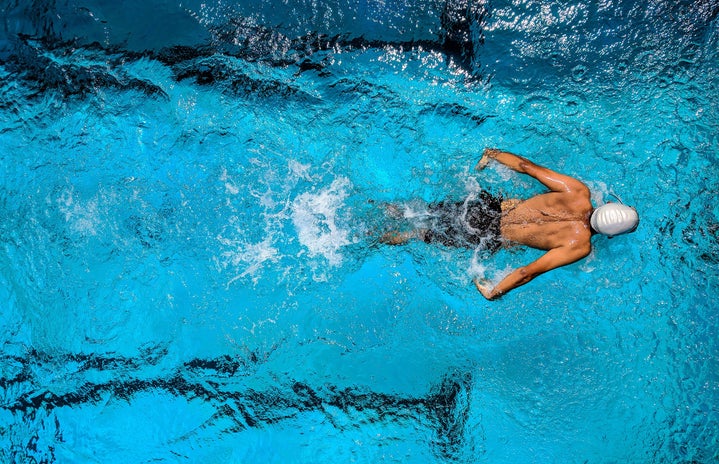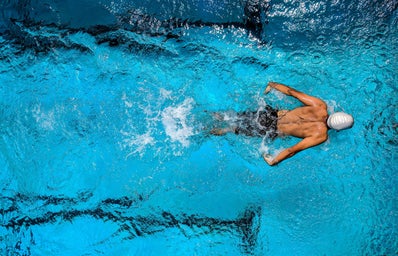We all witnessed empowering female moments in the Tokyo Olympic games whether it was Simone Biles standing up for her mental health, Katie Ledecky putting all of us in awe with her 1500 meter race, or Elaine Thompson-Herah being the first woman to win the 100m and 200m in consecutive games. But what about the women in the Paralympics? These women have lived their lives with disabilities that they have embraced to create an athletic career for themselves. This year, the Summer Paralympics took place from August 24th – September 5th in Tokyo. When I research different women in the games, I decided to focus on two.
Jessica Long is a Russian-born American swimmer who has beaten many world records. Long recently won gold for the fourth time in the individual medley relay at the Tokyo Paralympics. She did all of this with no legs. At 18 months old, Long lost her legs due to fibular hemimelia, shortly after being adopted. Despite the loss of her legs, she found several sports she enjoyed as she got older. However, swimming was where she thrived. She started swimming at a young age and began competing in meets in 2002, making her first appearance in the Paralympics at just 12 years old. Today, she has won 25 Paralympic medals. What originally was something that was viewed to limit her became the very thing that propelled her forward.
Another amazing woman in the Paralympics is Alia Issa, the first woman to compete on the Refugee Paralympic team. A club thrower for the team, Issa was born in Greece where her father went after he left Syria. While she was born very healthy, her life quickly changed at four years old when she contracted smallpox and ended up in the hospital. Her dangerously high fever resulted in brain damage, putting her in a wheelchair. Despite being bullied throughout her childhood for her disabilities, she found club throwing in college. At a lower secondary school for people with disabilities in Greece, Issa found a coach who believed in her. Through throwing, she became confident with herself and her disability. While she did not place in Tokyo, her place on the team was an accomplishment in itself.
This year’s games wrapped up September 5th, with China, Britain, and the USA taking the lead as the top three teams. Sports today remain an event that brings people together to support and lift each other and themselves up, as these women did despite the obstacles they face each day.


